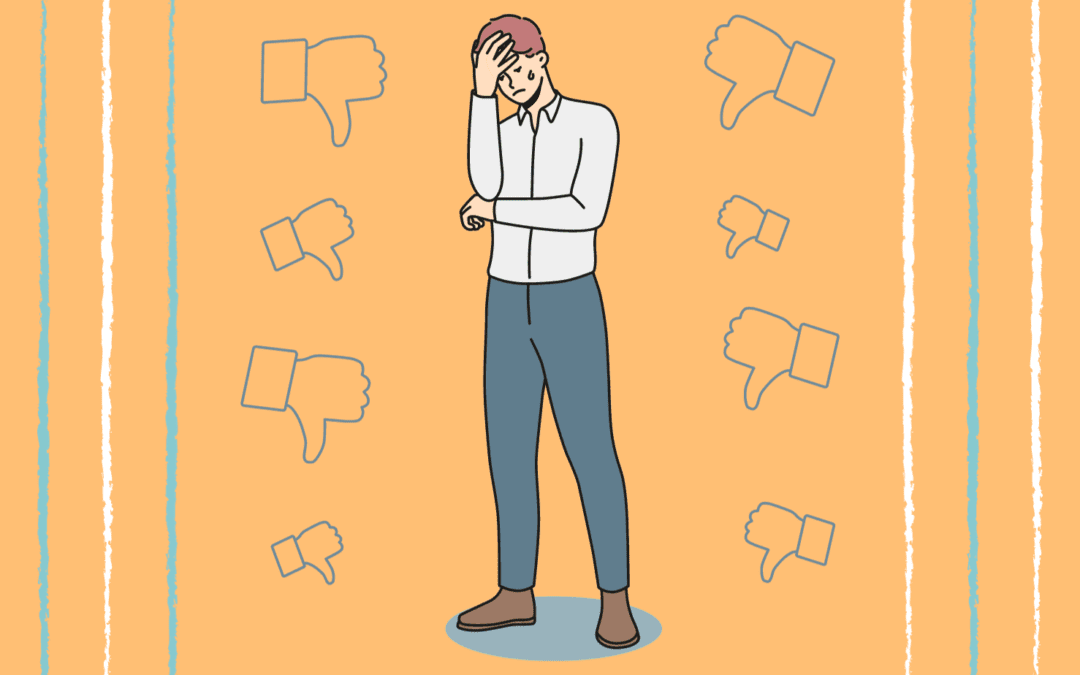- ···
- Start Here
- ···
- About Us
- ···
- Services
- ···
- Articles
- ···
- Contact Us
- ···
Rejection Sensitive Dysphoria: The Emotional Pain of ADHD Unveiled
February 23, 2024

Rejection Sensitive Dysphoria (RSD) is a prevalent yet not formally recognized symptom of ADHD, marked by intense emotional pain and discomfort in response to real or perceived rejection, criticism, or failure. Although not classified as a formal diagnosis, RSD significantly impacts individuals with ADHD, especially adults, by causing severe emotional responses that are disproportionate to the situation at hand. This condition illustrates the broader issue of emotional dysregulation within ADHD, highlighting a brain-based trait that makes those affected extremely sensitive to negative feedback or the possibility of rejection. RSD's intensity can lead to a range of behaviors, from withdrawal and avoidance to sudden emotional outbursts, significantly impairing personal and social functioning.
RSD is distinct from mood disorders by its trigger-specific emotional responses, which are immediate and intense but typically short-lived, returning to baseline within hours. Despite its significant impact, RSD remains under-researched and often misunderstood, complicating the diagnostic process for adults with ADHD. Treatment options like alpha agonist medications offer some relief for symptoms in about 60% of cases, suggesting a neurological basis for RSD. The growing recognition of emotional dysregulation as a core component of ADHD, especially in European diagnostic criteria, underscores the need for a broader understanding of ADHD that includes emotional symptoms. As awareness of RSD increases, so does the potential for better management strategies for those affected.
https://www.additudemag.com/rejection-sensitive-dysphoria-adhd-emotional-dysregulation/